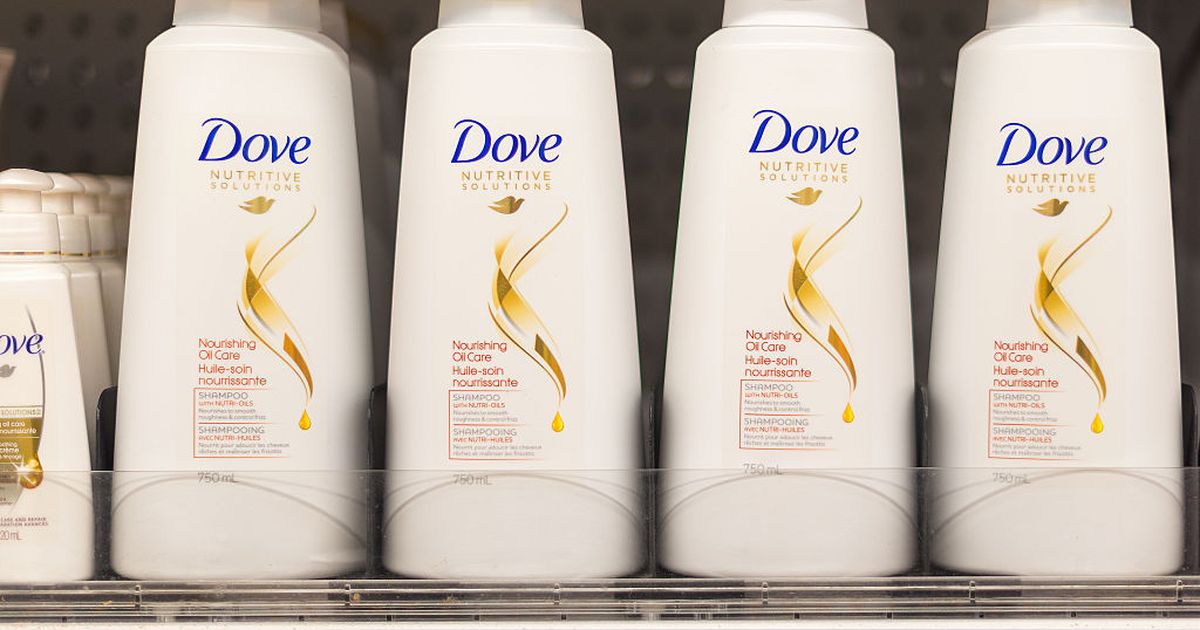
When the makers of Axe body spray don’t want to be associated with your brand, you know you’ve got a serious problem.
London-based conglomerate Unilever announced Friday that it will cease running ads on Facebook, Instagram, and Twitter through the end of the year, leaving the move open to a further extension. This comes only a day after Verizon made a similar pledge, following a report from the Anti-Defamation League highlighting Facebook ads running alongside “hateful or extremist” content on the social media platform.
Notably, this differs from Verizon’s Thursday pledge in that the ad pause also includes Twitter.
“Given our Responsibility Framework and the polarized atmosphere in the U.S., we have decided that starting now through at least the end of the year, we will not run brand advertising in social media newsfeed platforms Facebook, Instagram and Twitter in the U.S.,” reads the statement in part. “Continuing to advertise on these platforms at this time would not add value to people and society.”
We reached out to Unilever in an attempt to clarify whether this means it will cease all advertising on Facebook, Instagram, and Twitter, or only some subset of its ads narrowly defined by placement on “newsfeed platforms.” Essentially, we wanted to determine if this move is a straight-up pause, and also, what specifically motivated Unilever’s decision.
In response, a Unilever spokesperson merely pointed us back to its statement.
In an emailed statement, Twitter’s vice president of global client solutions, Sarah Personette, highlighted her company’s commitment to a well-moderated platform — presumably free of the kind of “hateful or extremist” content the ADL reported finding on Facebook.
“We have developed policies and platform capabilities designed to protect and serve the public conversation, and as always, are committed to amplifying voices from underrepresented communities and marginalized groups,” wrote Personette. “We are respectful of our partners’ decisions and will continue to work and communicate closely with them during this time.”
When reached for comment, a Facebook spokesperson touted the money the company spends “to keep our community safe,” and the fact that it underwent a civil rights audit.
“The investments we have made in AI mean that we find nearly 90% of Hate Speech we action before users report it to us, while a recent EU report found Facebook assessed more hate speech reports in 24 hours than Twitter and YouTube,” read the statement in part. “We know we have more work to do, and we’ll continue to work with civil rights groups, GARM, and other experts to develop even more tools, technology and policies to continue this fight.”
Unilever, meanwhile, specifically called out “the areas of divisiveness and hate speech during this polarized election period in the U.S.” — suggesting it wants nothing to do with the almost certain social media controversy coming down the pike regarding the U.S. presidential election.
SEE ALSO: Verizon decides Facebook doesn’t need its ad money after all
It turns out that when you make and sell something like soap (among other household staple), it doesn’t pay to have your brand image sullied by association with a company like Facebook.
